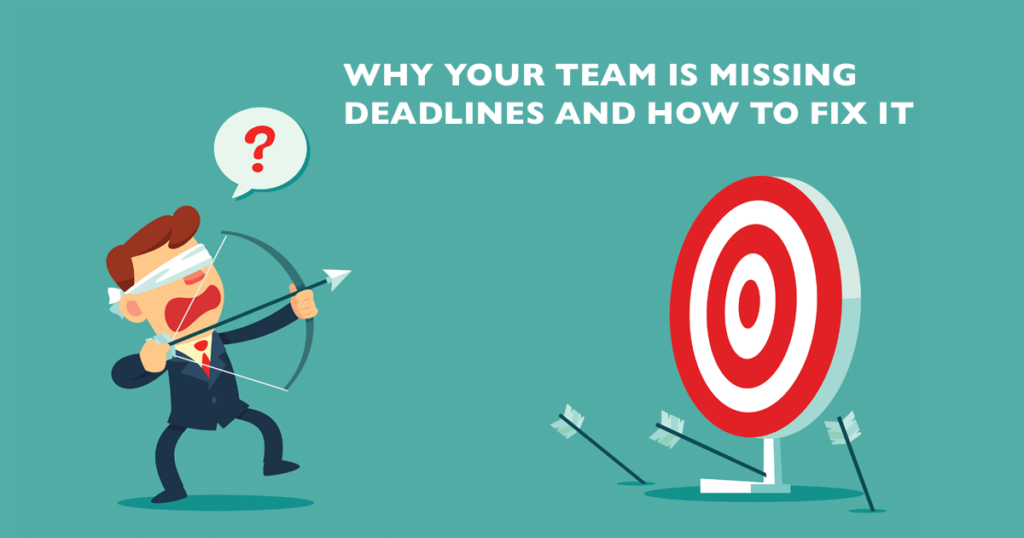
One of the benefits of working in Uhuru’s agency environment is that I get to observe thousands of people across multiple industries and work behind the scenes with teams to achieve their marketing and sales goals. By analyzing certain patterns, we quickly learn what works and what doesn’t in terms achieving better results.
One of the largest mistakes that many of our clients make comes down to the planning fallacy.
“The planning fallacy, first proposed by Daniel Kahneman and Amos Tversky in 1979, is a phenomenon in which predictions about how much time will be needed to complete a future task display an optimism bias and underestimate the time needed.” (Source)
Every person has this issue. It stems from our inability to accurately estimate effort or, more specifically, the time it takes to complete projects or tasks.
From my experience; things never go as planned. “Stuff” happens!
The pattern is most clearly identified when people are assigned projects and tasks and they set due dates that are far too optimistic, ultimately leading to tasks not being completed on time, and the due dates for the projects being overshot by a considerable margin. When tasks and projects fall behind, so do the desired outcomes.
No one enjoys having a list of late tasks and seeing projects fall behind schedule.
When this happens frequently, organizations become desensitized to the poor performance.
Our brains are wired in a way that perpetuates this error.
For example, executives are likely to underestimate the development time of a campaign in order to meet sales deadlines. Marketing teams are likely to agree to optimistic due dates for campaigns and tasks because they want to please their managers, whether or not they agree with the deadline.
By doing this, people aren’t communicating, setting unrealistic due dates, and failing to deliver on their commitments. You end up with a weak culture of mistrust and broken promises.
Companies aren’t holding people accountable and thus the pattern repeats.
Here’s the remedy that we’ve seen the most successful organizations implement to get out of this rut and become more productive.
Don’t Guess – Scope it Out
Don’t pull a number out of thin air or guess from past efforts. List out the known tasks, estimate the effort (time) each individual task will take, and add them all together. Consider this your version one (V1) estimate. Label it “Best Case.” (Hint – it will be wrong).
Now, Imagine the Worst Case Scenario
Imagine it’s the due date of the project but every impediment that could happen did.
Ask yourself:
- What impediments could negatively impact this project? (List them all.)
- What actions could we take to mitigate these impediments?
- What changes do we need to make to the design, scope, and due dates of this project?
This managerial strategy is called a premortem. Running a premortem means the team imagines that a project, campaign, or objectives has failed, and then works backward to determine what potentially could lead to the failure. Taking the time to do this exercise generates better decisions, more accurate project forecasts, and much more robust implementation plans.
Double it!
Studies and my personal experience have shown that people are poor at calculating the probability of single events, let alone compound probabilities. Many professional project managers and Scrum masters say it’s not enough to simply add an additional 20% or 40% to your original time estimate. It’s recommended that whatever your initial estimate is, you should double it.
You may doubt this tactic, but it’s easy to prove it yourself and your team. Have a postmortem debrief (Scrum refers to this as a retrospective) at the end of each project, campaign, or sprint and note down the original time estimate, and compare to the actual duration.
- What went well?
- What could have gone better?
- What did you learn that will make you more effective in the future?
Pro Tip: Record these sessions and get them transcribed. We’ve used and recommend Rev.com.
Documenting the learnings like this will help you to be more effective with your future decisions.
Are you sure?
Setting accurate completion date expectations are foundational to your sales and marketing success.
Don’t let you or your team be bullied into accepting deadlines that only work in best-case scenarios. If you do, you’ll only be destined to fail.
When coaching clients to set due dates we say to them, “Don’t give me a ‘I hope to get it done by the date,’ give me a ‘You can absolutely count on me to have this done no matter what date,’ and where you are willing to be held fully accountable for meeting this deadline.”
In Uhuru hive’s weekly Sprint Planning the team is asked, “Are you willing to make a promise to your team that you will absolutely have this campaign/project/task completed by then?”
Personal investment important. Nobody likes to break promises. This line of questioning typically causes a second thought and calculation that is much more cautious. Everyone reports being much more comfortable with the decisions that get made.
If you’re a sales or marketing manager or executive, you want your team to be successful and hit the due dates…consistently. You also want to be able to praise the team for honoring their commitments, creating a culture of winning and improving the accuracy of each planning cycle.
To your success,
Peter
